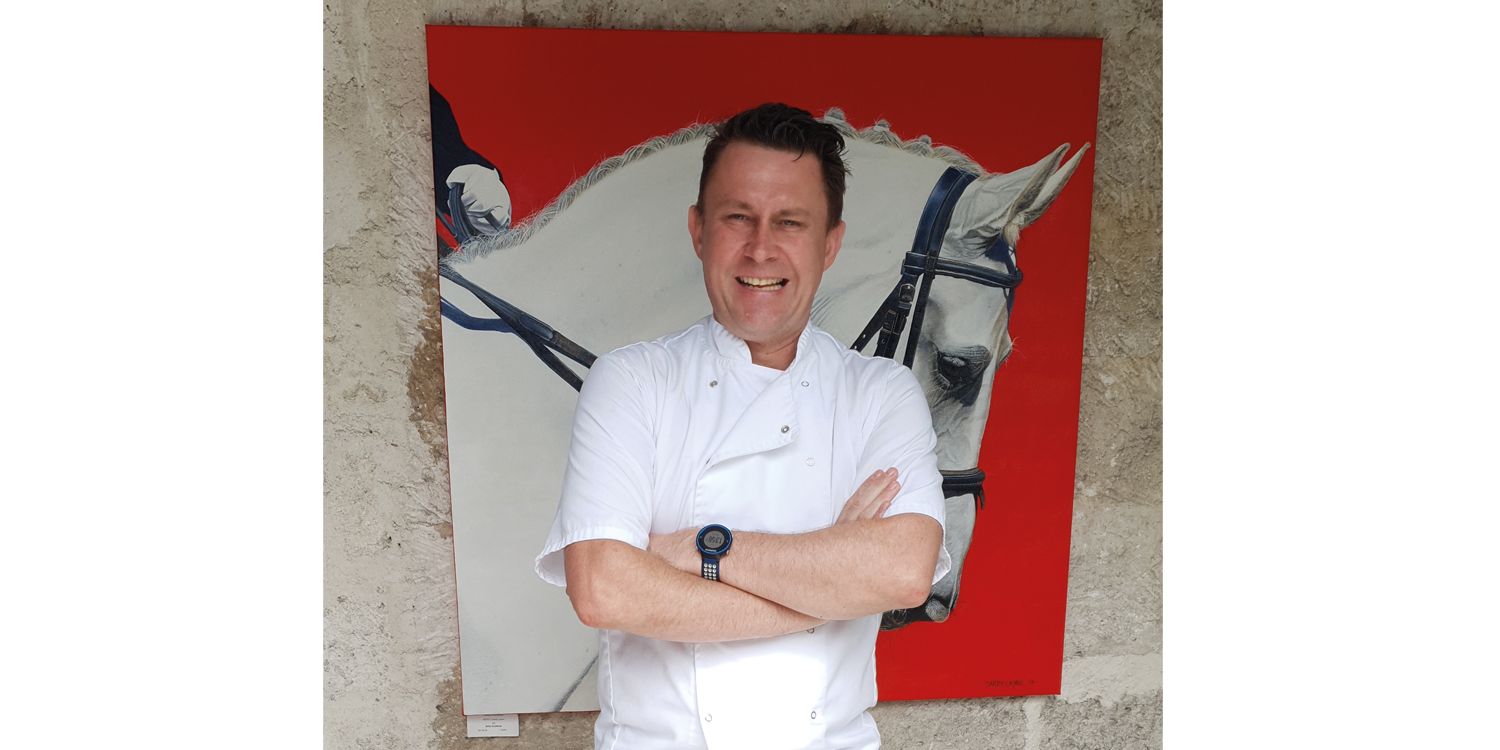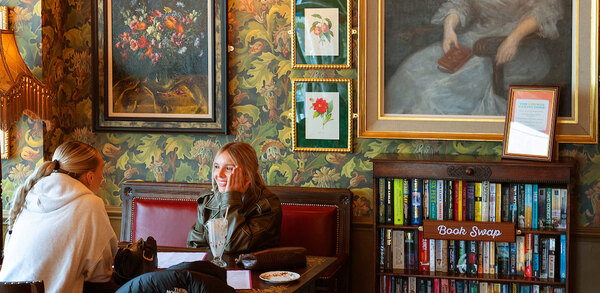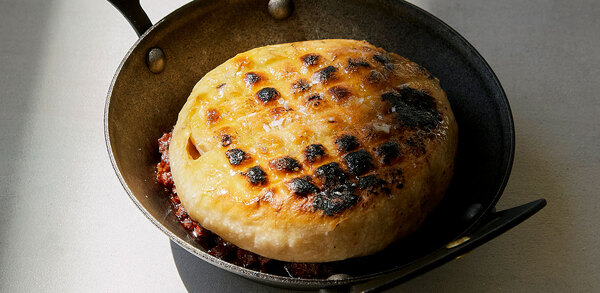Brits abroad: Chris Prow, Tides restaurant, Barbados
Born in Scotland, Chris Prow moved to South Africa as a child and started his career in hospitality there before moving back. Having spent the past 17 years working in the UK, he recently moved to Barbados as executive chef of Tides restaurant. He tells Katherine Price all about it
You’ve been in Barbados for a few months now – how are you adjusting so far?
I’ve been here for just over three months and it’s been averaging 32ºC every day. I lived in South Africa for 20 years, but it’s a different type of heat. It’s the first time in 20 years I’ve worn shorts and a T-shirt to work every single day. They gave me a beautiful apartment – I’m quite spoilt – and every month one of the owners will ask if everything’s alright, if I’m happy and if I need anything. I’ve settled in quite well.
Tell us about Tides
It’s on the west coast of Barbados – they call it the west coast of the gold coast – in a place called Holetown, St James. The plan is that my head chef and I have come over from the UK to modernise the menu. It’s a country where everything is spiced. The Bajans are used to heat with everything, so that’s been a bit of an education for me.
**What is it like as a place to work in hospitality? ** In the summer you really expect a place to be busy – although don’t get me wrong, we’re doing some big numbers and we’re probably the busiest restaurant on the island. But in the winter, that’s when Barbados is at its busiest season, as the majority of the market is British and Americans.
The restaurant has about 130 seats and I’ve just recruited another six chefs. By the time I’ve finished the reshuffle, I’ll have 28 in the kitchen. You can do up to 240 people per evening and 100-150 for lunch. To try and find time during a busy week to change a menu overnight and get the training done is quite different, so we change the menu every season instead.
It’s very relaxing, and if you’re off, you’re off. I’ve got into trouble for coming into work on my day off. But it does get quite taxing at times with the heat, and if it rains, none of your staff are going to get to work on time.
Are there any challenges?
We have to import a lot of stuff and pay a heavy tax, but when it comes to fish, lobsters and vegetables, we probably buy about 60% of it locally. For the other, ‘exotic’ stuff that we can’t get on the island, I get from my suppliers in England. In England I can buy a case of asparagus for £30 in season. Here, I pay $140-$150 (£58-£62).
Would it be easy for a British hospitality worker to get a job in Barbados?
The visas aren’t cheap; it’s about £3,000-£4,000 a year. If people want to come over here, they need to research first. The most frustrating thing for me was opening a bank account – it took three weeks.
To send money from Barbados to the UK, you have to get permission from the central bank. It gets expensive to move money around and it can be quite stressful.
It’s early days, but has working in Barbados so far taught you anything new?
In the UK, if something goes wrong in the kitchen, you’ll deal with it there and then; here it’s a little different. If I were to say something to someone, I would get pulled aside after service by the staff member, who would say, “You’ve embarrassed me in front of all these people, it’s not right.”
You have to be a little bit more diplomatic in your approach. It definitely teaches you to hold your tongue at times.
**What do you particularly like about living and working in Barbados? **
Every night I’ll sit and watch flying fish jump out of the sea past the restaurant. ** CV**
- **April 2019-present **Executive chef, Tides restaurant, Barbados
- 2017-19 Executive chef, Forbury’s, Reading, UK
- 2016-17 Head chef, Cirrus Inns, Kintbury, West Berkshire, UK
- 2014-15 Head chef, Forbury’s, Reading, UK
- 2013-14 Head chef, Summer Isles hotel, Scottish Highlands, UK
- 2011-13 Head chef, Swan at Streatley, Berkshire, UK
- 2010-11 Head chef, Forbury’s, Reading, UK
- **2009-10 **Head chef, Hillbrooke Hotels, the Elephant hotel, Reading, UK
- 2006-10 Head chef, Le Petit Square, Newbury, Berkshire
- **2005-06 **Head chef, the Pot Kiln, Frilsham, Berkshire, UK
- 2004-05 Senior sous chef, the Wolseley, London, UK
- 2002-03 Sous chef, the Milestone hotel, London, UK
- 1999-01 Head chef, Shamwari Game Reserve, South Africa
- **1997-99 **Head chef, Blue Waters Café, South Africa
- 1993-97 Apprentice, Margot’s restaurant, South Africa

















